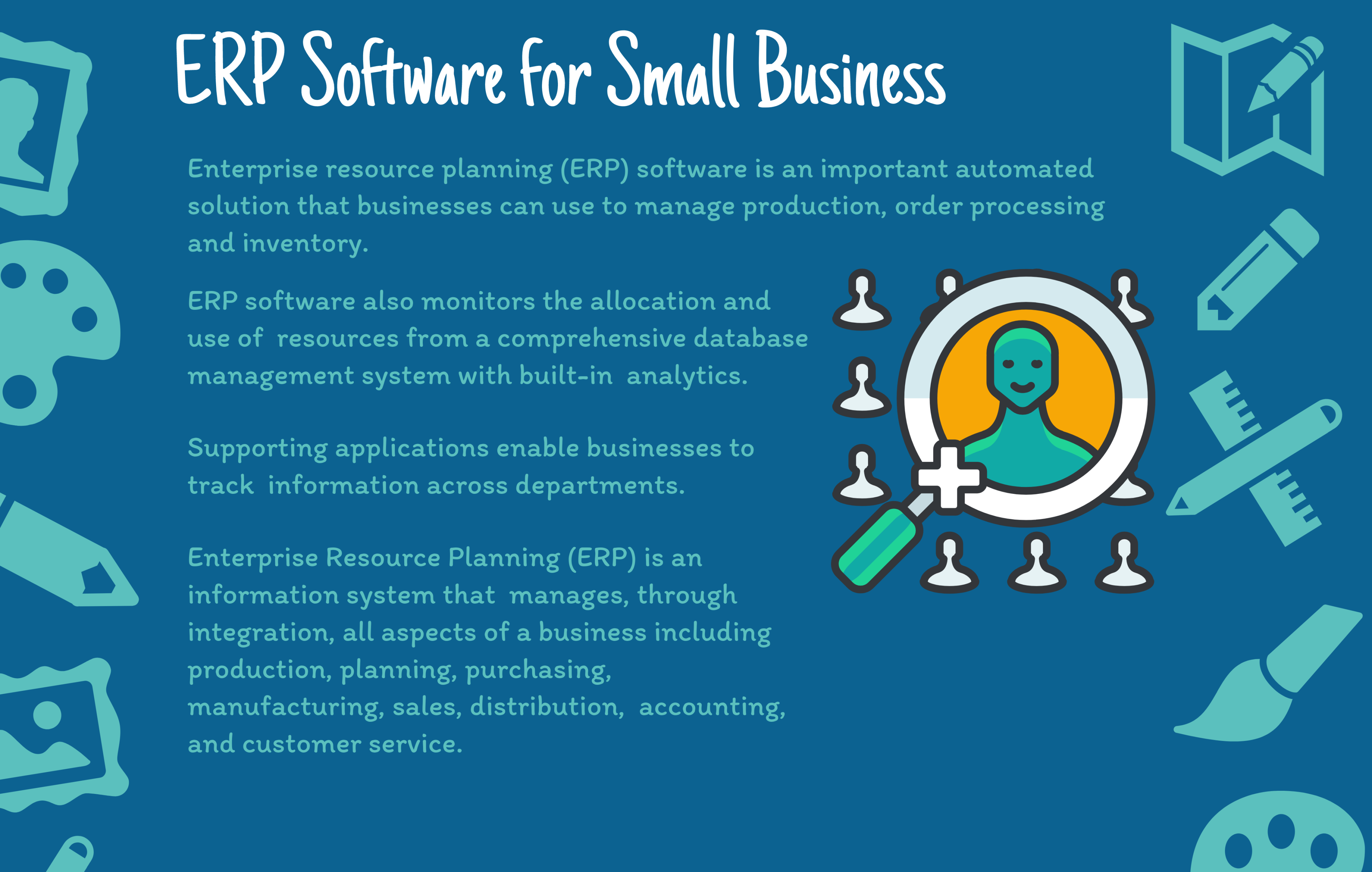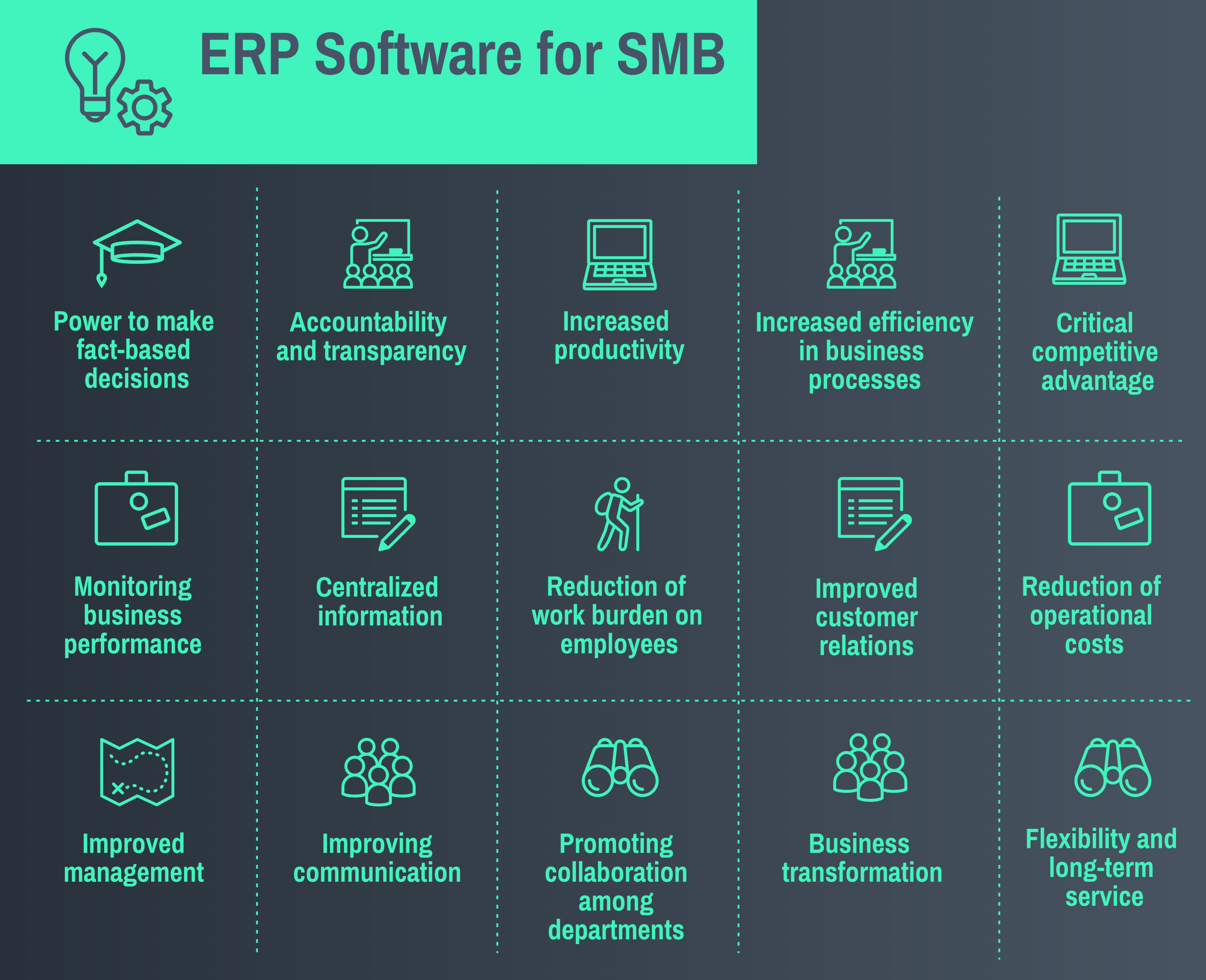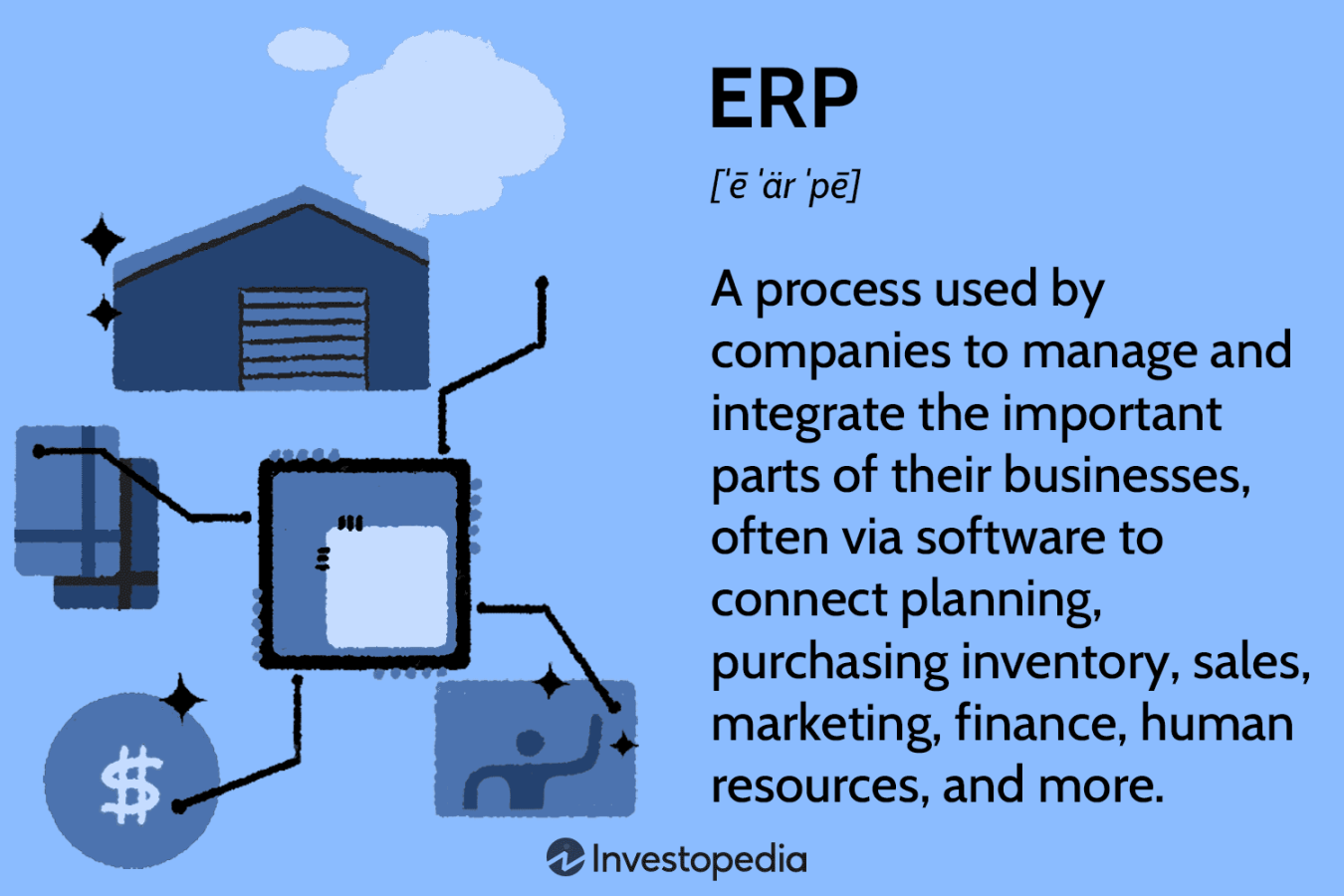ERP, or Enterprise Resource Planning, software is the backbone of many successful businesses today. This powerful technology streamlines and integrates core business processes, giving companies a centralized platform to manage everything from finance and inventory to human resources and customer relationships. If you’re looking to improve efficiency, boost productivity, and gain a competitive edge, then ERP software might be the perfect solution for your organization.
What Does ERP Business Software Do?

ERP software acts as a central nervous system for your business, connecting various departments and functions into a single, unified system. This eliminates the need for disparate software programs and spreadsheets, creating a more streamlined workflow and reducing the risk of errors.
Here are some of the key functionalities of ERP software:

Financial Management: ERP software automates accounting tasks, streamlines financial reporting, and provides real-time insights into your company’s financial health.
- Supply Chain Management: Manage inventory levels, track orders, and optimize your supply chain for efficiency with features like forecasting, procurement, and warehouse management.
- Customer Relationship Management (CRM): ERP systems can integrate CRM functionalities, allowing you to track customer interactions, manage sales pipelines, and improve customer service.
- Human Resource Management (HRM): Automate HR processes like payroll, benefits administration, and employee onboarding with an ERP system.
- Manufacturing: ERP software can be a game-changer for manufacturers, providing functionalities for production planning, material requirements planning (MRP), and quality control.
Benefits of ERP Business Software

There are numerous benefits to implementing ERP software in your business. Let’s explore some of the most significant advantages:
Increased Efficiency: By integrating various business processes, ERP software eliminates duplication of effort and streamlines workflows, leading to significant efficiency gains.
- Improved Data Accuracy: A centralized system ensures data consistency and eliminates the risk of errors that can occur when using multiple software programs.
- Enhanced Visibility: ERP software provides real-time insights into all aspects of your business, allowing you to make data-driven decisions and identify areas for improvement.
- Better Collaboration: ERP fosters collaboration between departments by providing a shared platform for communication and data access.
- Reduced Costs: The efficiency gains and improved data accuracy achieved with ERP software can lead to significant cost savings over time.
Choosing the Right ERP Business Software
With a wide range of ERP software solutions available, choosing the right one for your business can be a daunting task. Here are some factors to consider when making your decision:
Company Size and Industry: ERP software solutions cater to businesses of all sizes and across various industries. Look for a solution that is specifically designed for your company’s needs.
- Budget: ERP software can be a significant investment. Determine your budget and choose a solution that fits within your financial constraints.
- Scalability: Consider your future growth plans and choose an ERP system that can scale with your business needs.
- Ease of Use: The software should be user-friendly and easy to implement for your employees.
- Vendor Support: Choose a vendor with a strong reputation for customer support and ongoing product development.
Implementation Considerations for ERP Business Software
Implementing ERP software requires careful planning and execution. Here are some key considerations for a successful implementation:
Data Migration: Migrating data from existing systems to the new ERP system is a critical step. Develop a comprehensive data migration plan to ensure data integrity.
- Change Management: Implementing new software can be disruptive for employees. Develop a change management strategy to educate and train employees on the new system.
- Customization: ERP software can often be customized to meet your specific business needs. However, excessive customization can increase costs and complexity.
- Integration: Ensure that your ERP system can integrate with any existing third-party applications you use.
- Testing: Thoroughly test the ERP system before going live to identify and resolve any potential issues.
Different Types of ERP Business Software
ERP software solutions come in various deployment models to suit different business needs and budgets:
On-Premise ERP: This traditional model involves installing and running the software on your own servers. On-premise ERP offers greater control and customization but requires a significant upfront investment and ongoing IT support.
- Cloud-Based ERP (ERP SaaS): With cloud-based ERP, the software is hosted by a third-party vendor and accessed over the internet. This model is typically more affordable and requires less IT expertise to manage.
- Hybrid ERP: A hybrid ERP combines elements of both on-premise and cloud-based deployment. This option can be ideal for businesses with specific on-premise needs but also want to leverage the scalability and flexibility of the cloud.